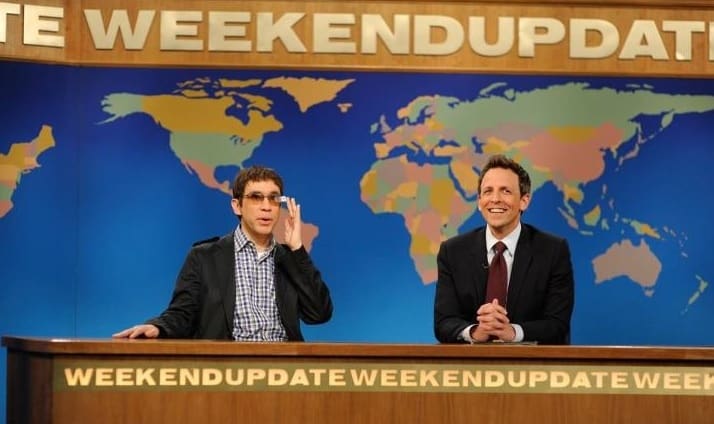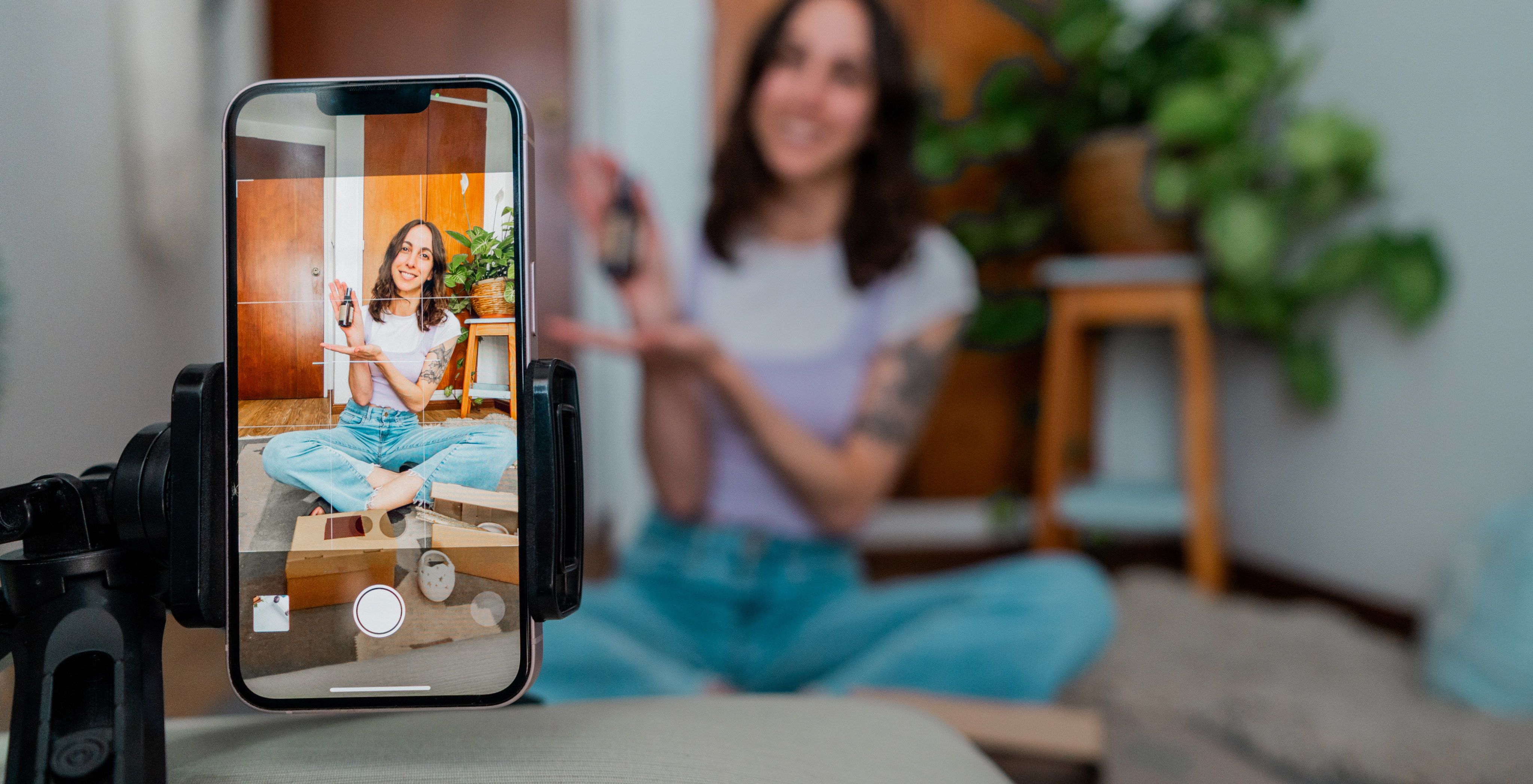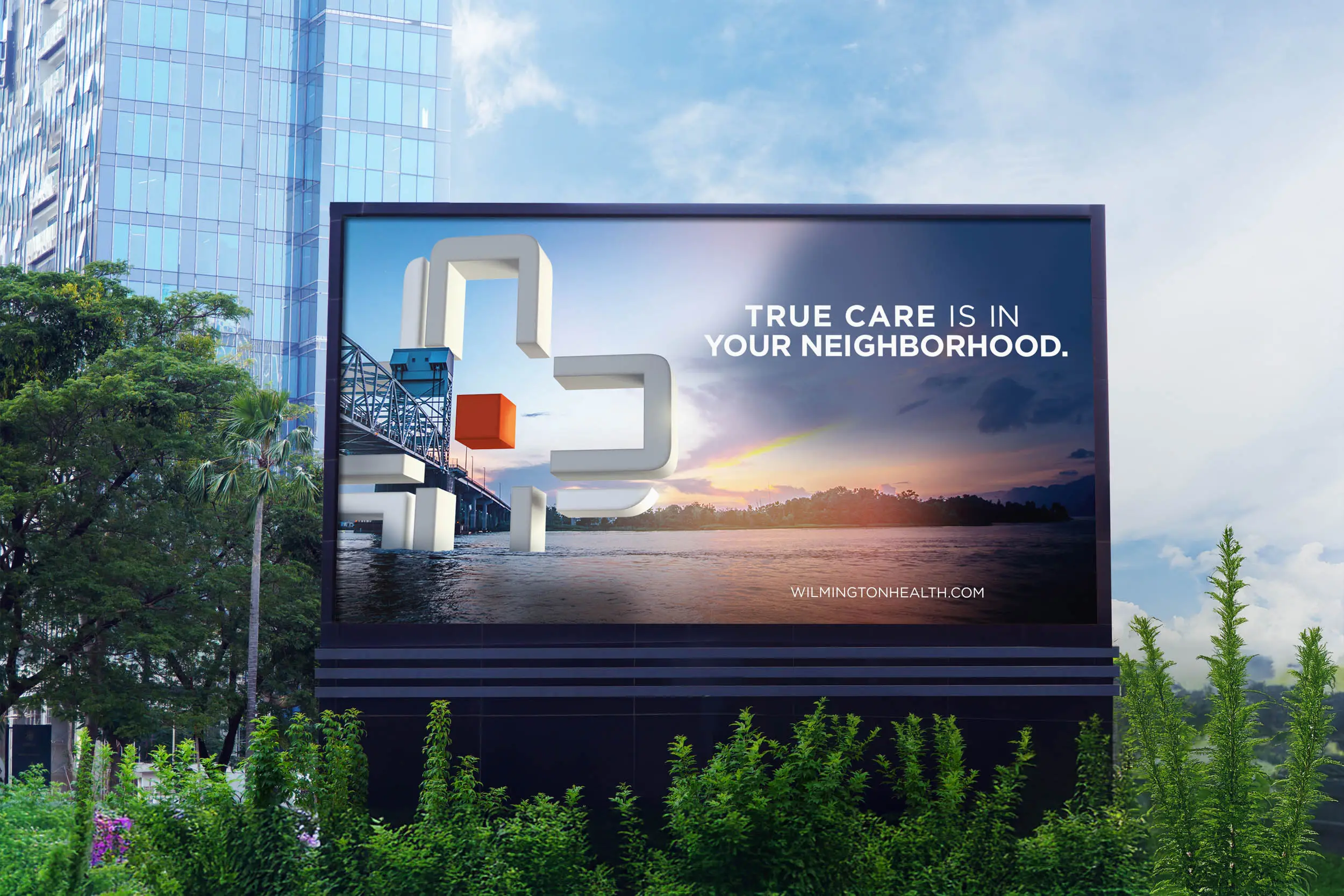
I wear glasses. Every day for more than 30 years.
So, with the introduction of Google Glass, I am envious and appalled at the same time.
While the Google Glass experiment is important to watch from a business, marketing and cultural perspective, no one — including Google — has any clue how the search giant’s efforts will play out.
It could be the biggest thing since sliced bread or it could be a bust. But either way, it’s difficult to think of a technology that is more potentially disruptive or absurd.
If you’ve been living under a rock, Google Glass is eyewear that incorporates a miniature computer with a display attached to its frame. It can take pictures and video, run apps and deliver information like travel directions. The interface is controlled by voice recognition, meaning a user can say “take a picture” to snap a photo — as well as head nods and swipes of a control bar on the side of the glasses.
Google began shipping its “Explorer Edition” of Google Glass in April for a cool $1,500. But, this “beta” version isn’t meant for mass consumption, but for software developers looking to explore uses for the eyewear.
In reality, Google Glass is a grandiose experiment, and the search monolith has targeted programmers for the company’s Android operating system to refine the eyewear before it is released to the public.
On May 15, Google CEO Larry Page said the following during his Google I/O keynote: “Our goal is to get happy users using Glass. Ultimately, a lot of your [user] experiences can move to Glass. We’re relying on you [software developers] to figure that out.”
Page also acknowledged that Google doesn’t have any idea what the best use is for Glass or how the project will pan out.
However, some of the options that have been discussed, including facial recognition and 24/7 recording, disturb me. And I’m not alone.
A recent survey by Bite Interactive, a mobile application company, reported that only one in 10 U.S. smartphone owners said they would wear Google Glass regularly. The survey, which polled 1,000 adults, also found that 38 percent of respondents wouldn’t wear Google Glass even if it were priced within their budget. Another 45 percent indicated concern that Google Glass would be too socially awkward or irritating to wear.
But what about privacy? In technology, we are reaching a stage in which the levels of advancement are beginning to exceed the limits of human capacity. We’re entering a wearable cyborg model. It sounds sci-fi, but it’s becoming reality.
I know it’s not overly different than the capacity of what smartphones provide, but there really does seem to be, at least in my mind, a difference in someone whipping out their iPhone and shooting a photo or video and just saying record.
What are your thoughts on this technology? We’d love to hear it.
By subscribing to our newsletter, you agree to our Privacy Policy.




